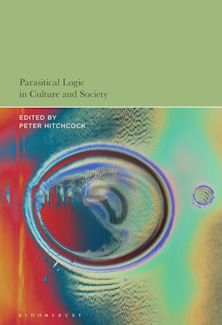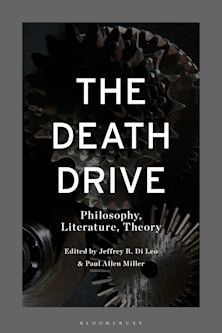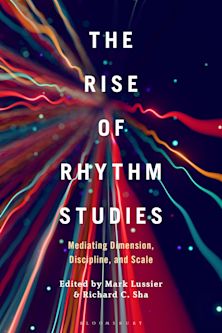Description
Object Lessons is a series of short, beautifully designed books about the hidden lives of ordinary things.
When the metronome was invented in 1815, it transformed the music world. Composers and musicians now had a tool that could help them maintain a precise and consistent tempo. And while giants of classical music like Beethoven early embraced the metronome and proponents came to see its essential role in music instruction, critics believed it created mindless players and inhibited the creation of great art.
The metronome evokes strong feelings because of its uncompromising power. Through it, we are connected to the past, propelled into the future, and kept focused on the present. For that reason, this object has appeared in unlikely settings as athletes, scientists, psychologists, authors, and other professionals have found uses for it beyond music.
Metronome uncovers the surprising and fraught history of a timeless object.
Table of Contents
1. Authority
2. Training
3. Anxiety
4. Beauty
5. Rebellion
Conclusion
Acknowledgements
Notes
Works Cited
Index
Product details

| Published | 13 Nov 2025 |
|---|---|
| Format | Ebook (PDF) |
| Edition | 1st |
| Extent | 184 |
| ISBN | 9798765108857 |
| Imprint | Bloomsbury Academic |
| Series | Object Lessons |
| Publisher | Bloomsbury Publishing |
Reviews

ONLINE RESOURCES
Bloomsbury Collections
This book is available on Bloomsbury Collections where your library has access.



































